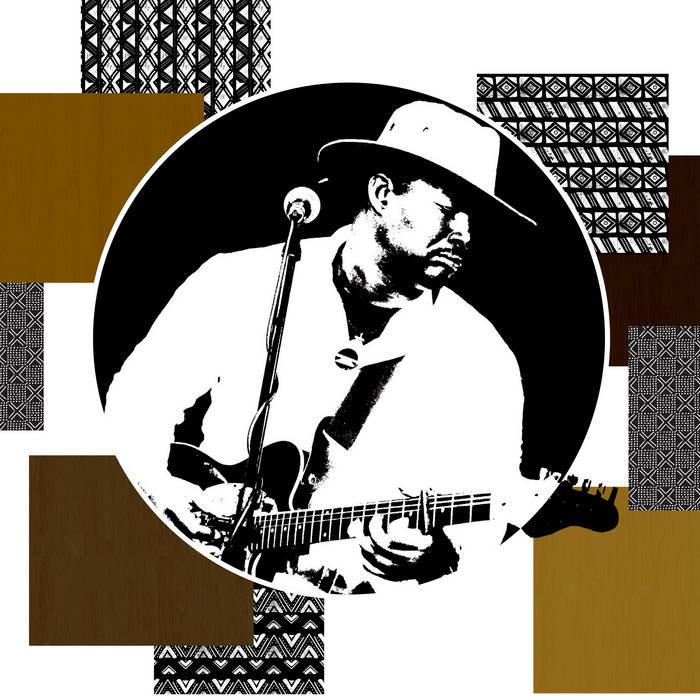Familial and unrefined, Binga encompasses the fundamental sounds of Samba Touré’s heritage. It is named after Samba’s hometown and its focus of thought is rooted deep within his culture. It is the most nostalgic Samba Touré Glitterbeat‘s album to date and also the most intimate, giving Wande a run for its money.
Accompanying Samba’s guitar work and dusty vocal skills are the cosy sounds of the sokou, tama, ngoni, guitar and blues harp in the absence of contemporising bass parts, used on previous albums. It is apparent the inspiration for Binga derives from Samba’s most intimate, cultural and musical origins by using traditional instruments and seemingly uncomplicated song structures.
The sparse melodic monotony of ‘Tamala’, relates heavily to the eerie, vastness of dried-up landscapes and melancholic undertone of the Songhai communities, which the album embodies. ‘Tamala’ is immediately effective because of this stimulating phenomenon, it is by far the most uniform and the most mesmerising number of them all. Languid whispers of the mouth organ used sparingly on ‘Sambalama’, ‘Fondo’ and Binga’s instrumental piece, help to preserve Samba’s bluesy trademark which lingers in his path.
Pained vocal comebacks of ‘Adounya’ echo the worries and unjust past and present, it is both poetic and unsettling with an unstoppable groove. Samba’s enigmatic vocal tones on ‘Tamala’, ‘Atahar’, ‘Sambalama’, ‘Kola Cisse’, ‘Adounya’, ‘Sambamila’ and ‘Terey Kongo’, resemble the sound of his one-time mentor Ali Farka Touré. But regardless of its subject matters of social and political upheavals, Binga is a meditation on personal experience, loss and disbelief.
Ultimately, Samba leads us to the conclusion that where there is rage, there is hope and gives rise to peace. It is the sound of tragedy, bounded by limitless creativity and undying faith at its core.


